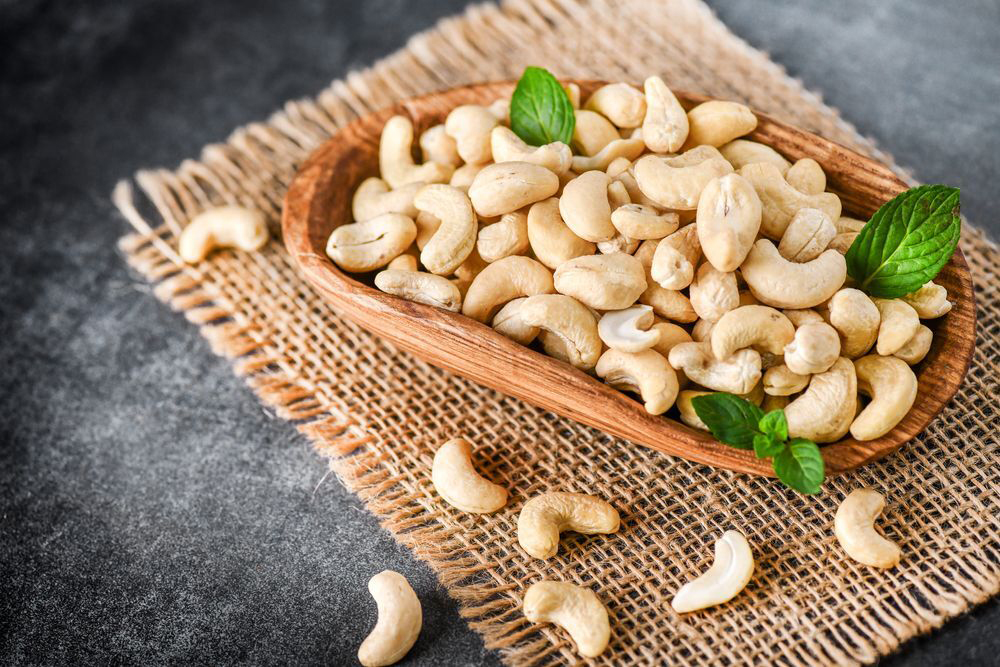Cashew nuts are the kidney-shaped seeds of the cashew tree (Anacardium occidentale), a tropical evergreen native to Brazil but now cultivated in various tropical regions worldwide. These versatile nuts are enclosed in a hard shell, which is attached to the cashew apple, a juicy, pear-shaped fruit. While the cashew apple is edible and used in beverages or preserves, the nut itself is the more sought-after part of the plant. The nut's shell contains a toxic resin called anacardic acid, which necessitates careful processing to ensure the nut is safe for consumption. Once roasted or steamed to remove this resin, cashews reveal their creamy texture and mildly sweet flavor, making them a favorite in cuisines and snacks globally.
Rich in nutrients, cashews are prized for their high content of healthy fats, particularly monounsaturated and polyunsaturated fats, which support heart health. They are also an excellent source of protein, vitamins (like B vitamins and vitamin K), and minerals such as magnesium, copper, and zinc, contributing to energy production, bone health, and immune function. Cashews are highly versatile and used in various forms: as snacks, blended into creamy nut butters, incorporated into savory dishes like stir-fries and curries, or even as a base for dairy-free cheese and milk alternatives. Their unique flavor profile and nutritional value make cashews a beloved ingredient for both health enthusiasts and culinary adventurers.
